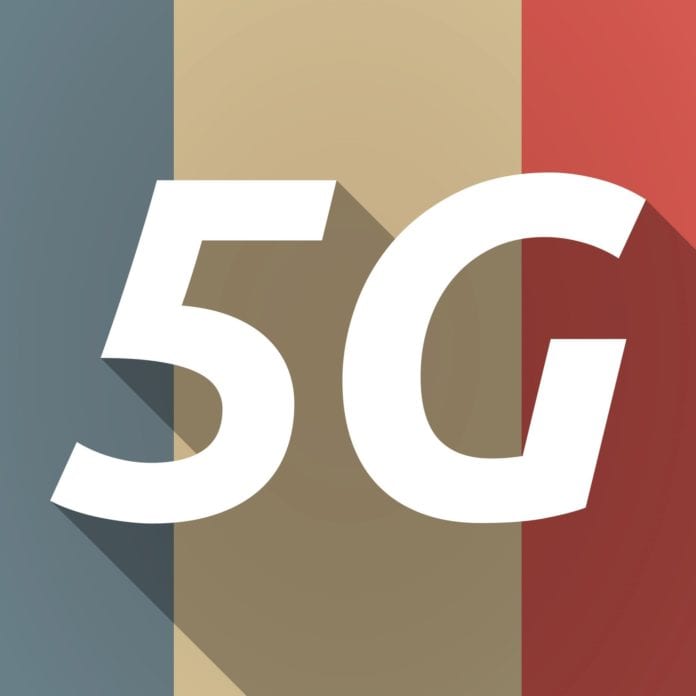Altice said the 5G demo used equipment from Cisco and Huawei
Altice France (SFR Group) has achieved downlink speeds of 2.3 Gbps in a live demonstration of 5G technology at the operator’s new headquarters in Paris.
The 5G trial network enabled SFR to stream 4K content and broadcast eight live feeds from different cameras.
SFR said the demo used radio infrastructure and equipment from Chinese vendor Huawei, along with core network components provided by Cisco.
The new 5G demonstration follows Altice’s 5G New Radio test in a real-life situation, which took place at its lab in Velizy in May of this year. During that 5G test, SFR achieved peak downlink speeds of 1.6 Gbps via a pre-commercial terminal provided by Huawei using frequencies in the 3.5 GHz band. The 5G active antenna used massive MIMO technology and was composed of 64 transmitters and 64 receivers.
Also in May, Nokia and SFR successfully completed a 5G call, using the Third Generation Partnership Project-compliant 5G NR system over the air at 3.5 GHz.
The two companies said that the most recent 5G test took place last week at the Nokia 5G Test Network and Competence Center in Paris-Saclay, France.
The 5G call used Nokia 5G NR technology, including the Nokia 5G-ready AirScale radio platform and Cloud RAN technology together with 3GPP-compliant end user test devices. Nokia also said that a cloud infrastructure based on the Nokia AirFrame Datacenter solution was built to support Cloud RAN.
In July, SFR was authorized by French regulator Arcep to expand its 5G testing using 3.5 GHz spectrum to the cities of Toulouse and Nantes.
Earlier this year, French telecoms regulator Arcep said a tender to award mobile frequencies for the provision of 5G services could take place by mid-2019. In July, the French government said it expects at least one major city to have commercial 5G services by 2020 as one of the key initiatives of the country’s 5G roadmap.
This follows through on the agreement reached between the government, Arcep and mobile operators on January 14, aimed at rapidly achieving a high standard of coverage across the whole of France, by stepping up the pace of 4G rollouts. The roadmap sets a number of targets, including the launch of several 5G pilot projects in a variety of regions, and hosting some of the world’s pioneer industrial 5G applications; allocating new 5G frequencies and providing 5G coverage of the main transport routes by 2025.

